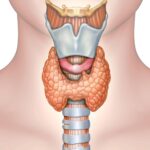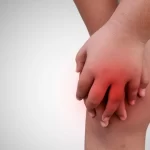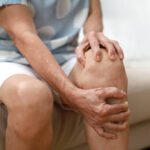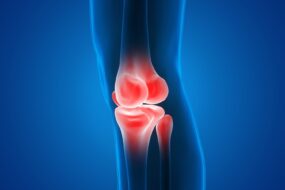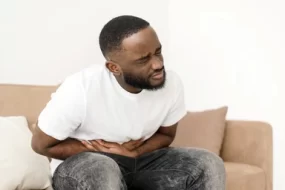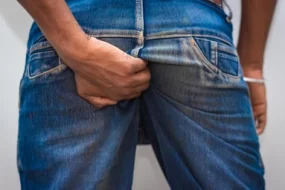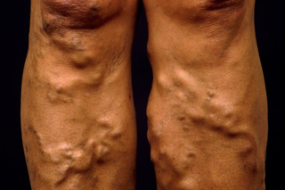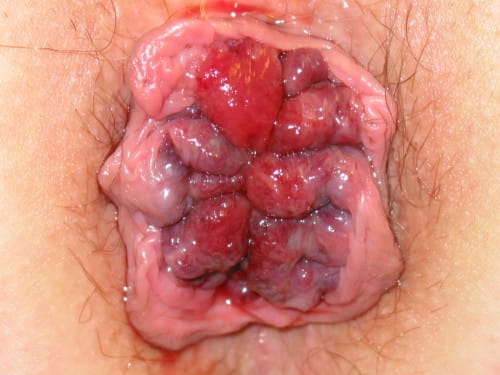
Haemorrhoids are clusters of vascular tissue (i.e. arterioles, venules, arteriolar-venular connections), smooth muscle (i.e. Treitz muscle), and connective tissue lined by the normal epithelium of the anal canal.
Internal hemorrhoids are symptomatic anal cushions that lie in the 3,7 and 11 o’clock positions (patient in lithotomy position). External hemorrhoids relate to venous channels of the inferior hemorrhoidal plexus.
| External hemorrhoids | Internal hemorrhoids | |
| Origin | Ectoderm. Has stratified squamous epithelium. | Endoderm. Columnar epithelium. |
| Location | Below dentate line | Above dentate line |
| Innervation | Somatic innervation | Autonomic innervation hence not sensitive to pinprick sensation. |
Grading of internal hemorrhoids.
- Grade 1- Bleed but don’t prolapse
- Grade 2 – Prolapse but reduce spontaneously
- Grade 3 – Prolapse and have to be manually reduced
- Grade 4 – Permanently prolapsed
Causes
- Increased intra-abdominal pressure (Pregnancy, constipation leading to straining)
- Increased renal vein pressure: obesity, prolonged sitting on a toilet (e.g. while reading)
- Portal hypertension and anorectal varices
Clinical Features
- Bright red rectal bleeding
- Pain if thrombosed or strangulated
- Prolapse
- Pruritus
- Mucus discharge
Complications
- Strangulation and thrombosis
- Ulceration
- Gangrene
- Portal pyaemia
- Fibrosis
- Profuse haemorrhage
Diagnosis – Mainly by history and physical exam
Management
Conservative management
- Sitz baths
- High fibre diet
- Adequate fluid intake
- Stool softeners, analgesia
- Proper anal hygiene
- Topical steroid cream.
Non-surgical procedures
- Rubber band ligation.
- Coagulation, electrocautery and electrotherapy.
- Sclerotherapy and cryotherapy.
Surgical interventions
- Excision of thromboses.
- Surgical haemorrhoidectomy.
- Stapled haemorrhoidopexy /procedure for prolapsing hemorrhoid.
- Doppler-guided transanal hemorrhoidal dearterialization.
- Haemorrhoidal artery ligation and rectoanal repair.


